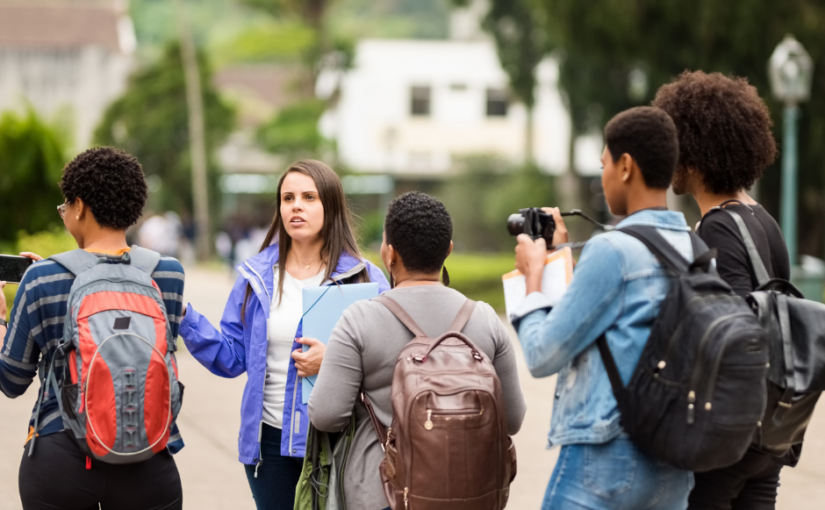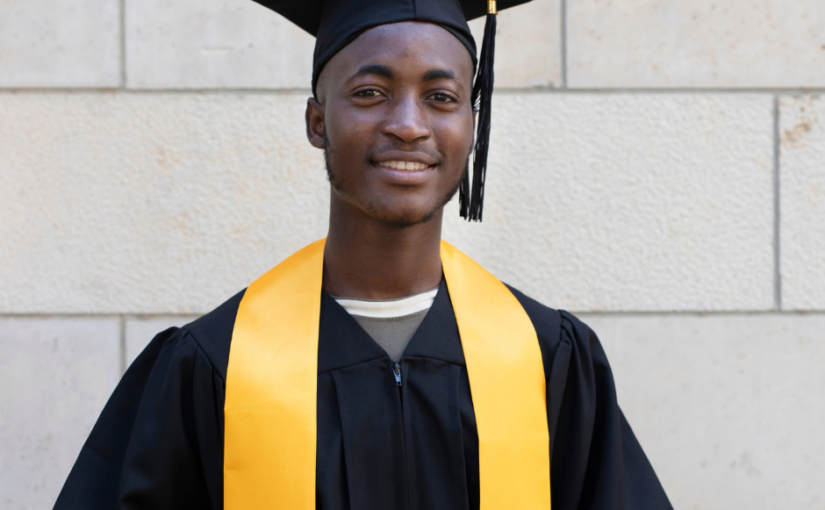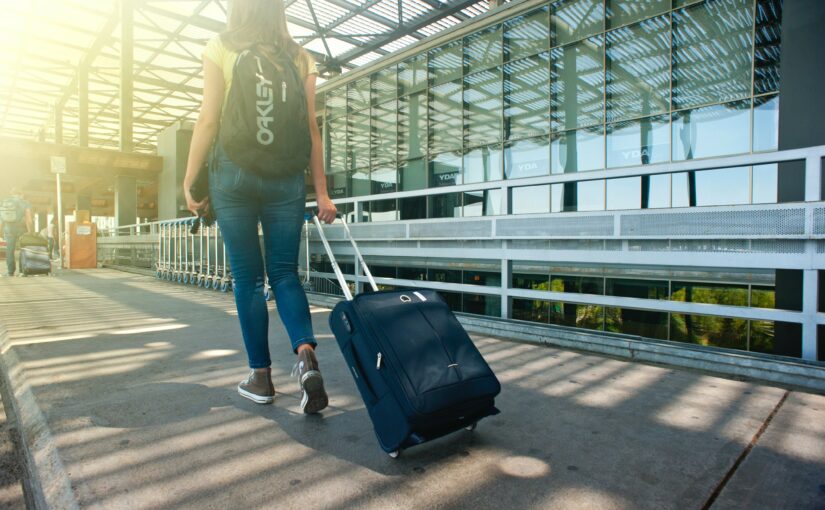
Student travel companies can help with numerous things such as choosing the ideal destinations for your student group, the best time of year to plan the trip, suggest travel insurance policies, and what to do if something were to go wrong during the journey. They will also be your partners in giving you the best advice and helping your students feel prepared for their expeditions.
So now that you’ve decided to take your students on a tour, it’s important to note all the time and planning it takes to make this trip one to remember. In order to make this dream a reality, you will need the help of an educational travel company to meet your specific needs.
Let’s be real, planning a successful student trip is a lot of work — so let us make it easier for you.
There are many questions you need to ask yourself and the tour company you’re thinking of partnering up with… here’s where you should start.
First and foremost, you’d want to know how long and what kind of experience the company has in the student travel industry. Working with an experienced educational travel company is crucial for the success of your trip and allows that organization to utilize its network of resources while you focus on what’s important: educating your students. (Scientific Education)
Secondly, what kind of safety systems does this company have set in place? You want to ensure you and your students feel safe, especially since they will be in destinations they are experiencing for the first time. Is there security? What kind of protocols does the company have if an incident were to happen? Is there 24/7 support? What is their travel emergency company plan?
You also want to know if the tour company creates custom itineraries, or if all student groups go on the same tour (BORING). Working with a company that can fit your custom needs is key! We want students to have experiences that will leave a mark.
The perfect tour can also come with a hefty price tag, since the tour company will be doing all the heavy lifting. You’ll want to choose the travel company that offers a good balance of benefits and student discounts without sacrificing the service quality. You can also reach out to them through online means such as email, phone, or social media to get this information.
Hope this helps!
We are an educational student tour company, specializing in highly engaging in-person and online experiences. We partner with schools, community-based organizations, and college access programs that serve underserved students, to address critical issues experienced in these communities.
Resources:
https://travelexperta.com/5-things-to-check-before-choosing-a-student-travel-company/
https://www.costaricaexplorations.org/student-travel-agencies-research/










